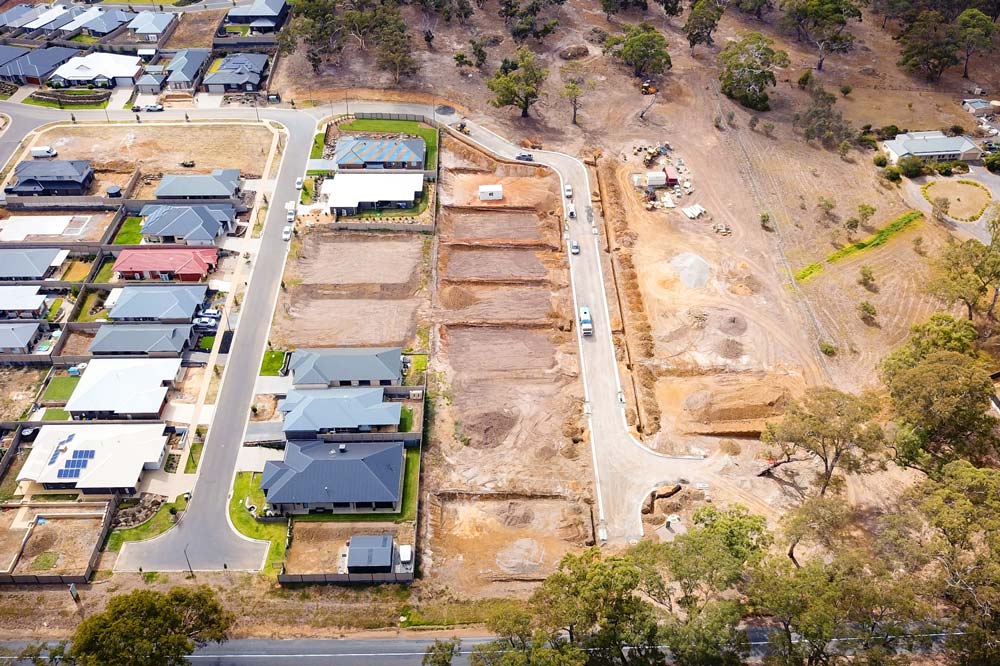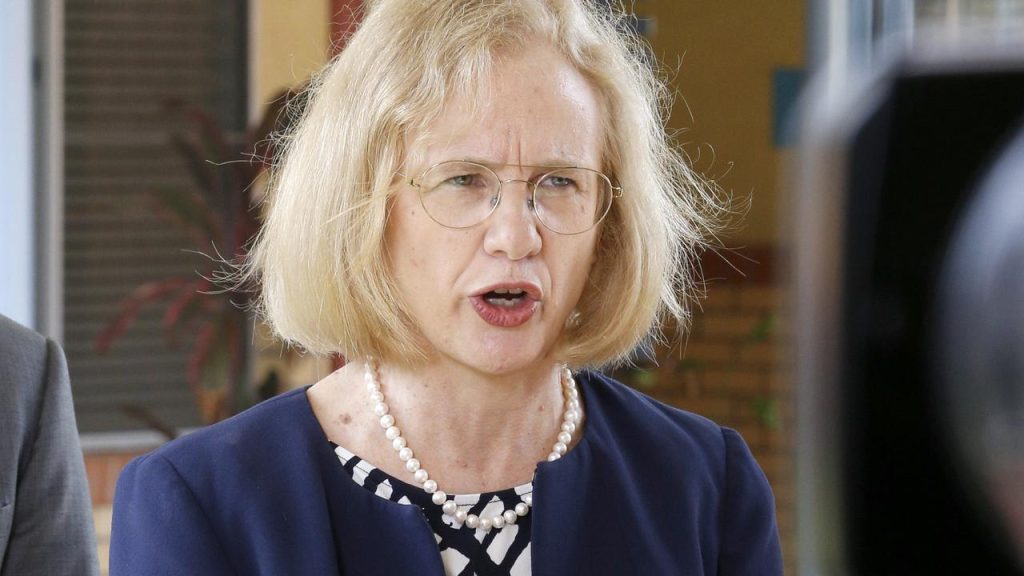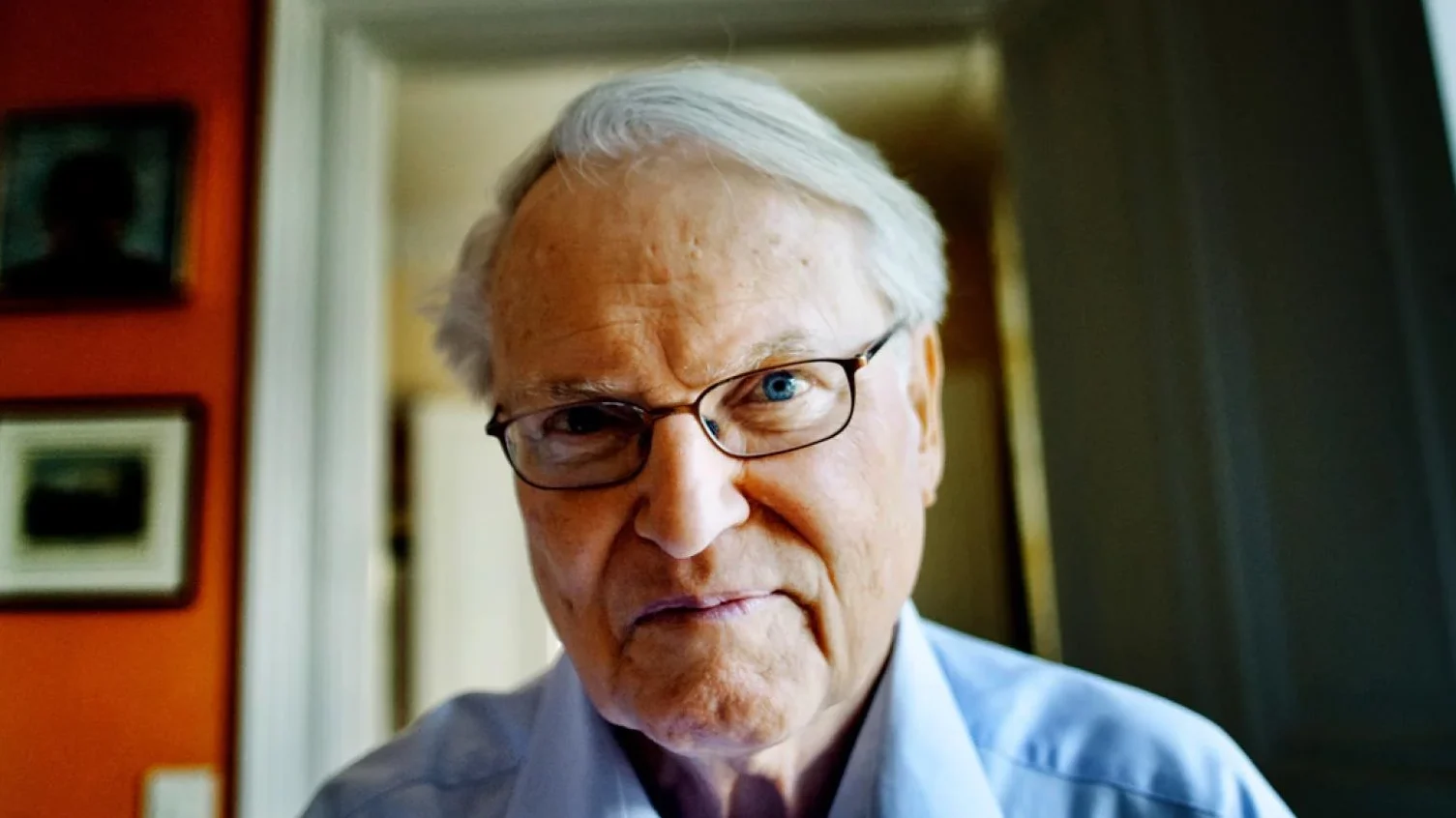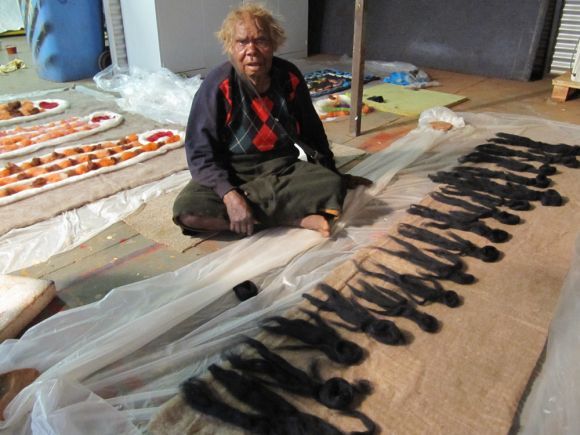Retaining The Bargaining Chip of Indemnities For Vaccine Companies
Should we legislate to stop a government offering indemnities to vaccine manufacturers?
This was a matter which came before the Senate last week in a private members bill.
Some of the reasons given for the Bill were:
- “Companies work for shareholders first and it is profits that motivate their decision and actions. People should always be put before profits”;
- “Indemnification has created an incentive for risk-taking in the pharmaceutical industry which is not aligned with the fundamental principles of medicine. Where indemnity exists, it is human nature to take larger risks, whether it be a conscious decision or subconscious, the outcomes are poor”; and
- “The pharmaceutical industry has a taste for your money.”
Vivid language for the impressionable mind!
The most amicable and well-meaning of senators championed the cause with a rousing speech. A personal friend of mine adroitly negotiated it behind the scenes. It was a case study in politicking, and even attracted the support of one Libertarian state division.
Then with the support of all but Labor, it went to committee for investigation and so will become news again soon. Yes, the centre-right crossbench attracted the Greens and even Senator Thorpe for a moment.
What is not to love?
Against such a juggernaut of consensus, this simple libertarian fig farmer has his misgivings. Have sympathy for me. It’s in my DNA to search for a principle.
We libertarians are fond of paraphrasing John Stuart Mill’s 1859 Harm Principle with phrases like “live and let live, as long as you don’t harm others.”
We are not so persistent in reminding our parliamentary friends that the Harm Principle requires that we ‘weigh such harms.’
The great horror of the last 3 years was that our leaders did not do this. Ignore psychological damage to infant school children plastered with a mask. Ignore the cheap, unhealthy food on the dinner table of a family with dual incomes lost to mandates. Ignore the evaporated life savings of ‘non-essential’ small business owners. Ignore the suicides and mental health flair-ups caused by lockdowns. Ignore the business collapses.
It was one flu-like covid-19 harm, all other harms be damned!
One must weigh the harms.
The problem with the Bill is that it applies a blanket ban and fails to weigh harms.
Just say the next virus is more potent. Let’s say it’s Ebola or something with a 50% mortality rate!
In the end, we need politicians who apply John Stuart Mill’s On Liberty in full. Live and let live as long as you don’t harm others. When there are competing harms, weigh them and choose the least harmful option.
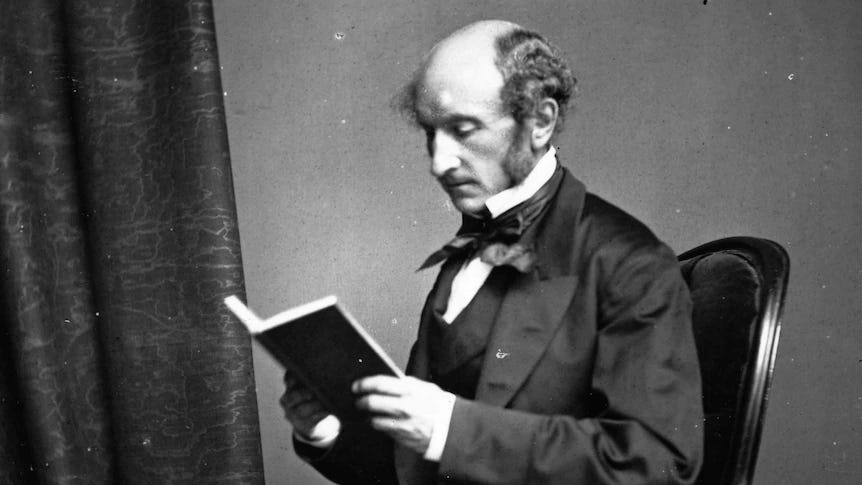
I want our government to have the same commercial tool as any private sector party. Indemnification, or the transfer of risk, is used by outdoor adventure operators, mining equipment hire companies, and many others. Why ban the government?
As a libertarian, I prefer my government to be able to transact like the private sector.
As a libertarian, I prefer my government to be ready to act in the case of genuine pandemic threat. As established, I want the government to potentially offer indemnity to vaccine providers in the case of emergency.
And as a libertarian, I want politicians who’ll use skilled negotiators so offering indemnity won’t be necessary.
Further …
As a libertarian, I’m unimpressed by populist attacks on free enterprise, especially pharmaceutical companies which keep us alive. As a libertarian, I’d be more curious to know why anyone believes a vaccine company should absorb near sovereign-level risk for a government intent on releasing vaccines before they pass the government’s own safety standards. As a libertarian, my focus is on that government maladministration, not the vaccine company.
As a libertarian, I’d prefer my government weren’t both umpire, with its TGA vaccine approval processes, and player, being the acquirer and dispenser of vaccines. I’d prefer to eliminate this conflict of interest.
As a libertarian, I’d like to rollback government from healthcare delivery, replace tired old public hospitals with private hospitals, and to protect charities which run hospitals.
And as a libertarian, I’d prefer our allies in parliament did not run adrift philosophically into the dangerous and choppy waters of the anti-capitalist. I am left in little wonder why the Greens and Senator Thorpe kept the Bill alive.
I believe the correct approach for a libertarian here is to vote against the Bill. In our current system, the Government needs to make it easy for vaccine production to occur in the event of a genuine calamity.
Our government already has one hand tied behind its back running a socialised system. Let’s not tie the other one by banning the free-enterprise bargaining chip of indemnities.








